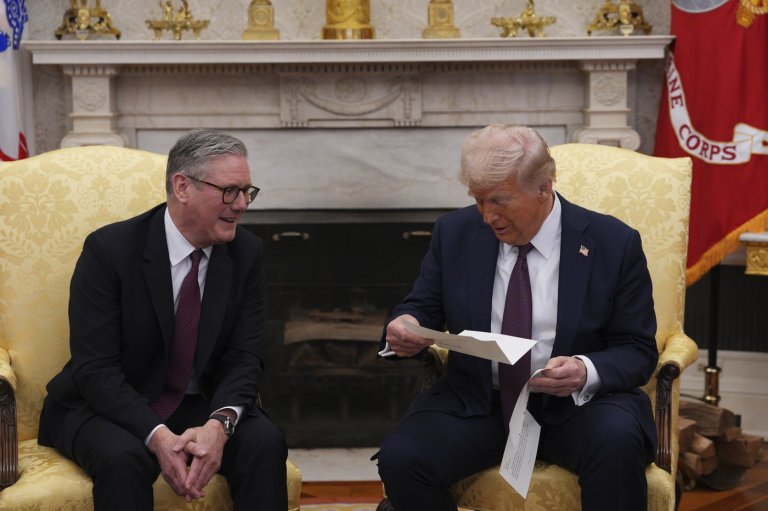Report on press freedom around globe finds decline to lowest point in more than 10 years
WASHINGTON – Terrorists are targeting journalists, authoritarian governments are jailing them and some countries are tightening media controls, developments that help explain why global press freedom in 2014 fell to the lowest point in more than 10 years, a democracy watchdog group said Wednesday.
Only 1 in 7 people live in countries where coverage of political news is strong, state meddling in media matters is minor, and legal or economic pressures on the press are slight, according to the Freedom House report.
The group analyzed 199 countries and territories. The worst offenders were Belarus, Crimea, Cuba, Equatorial Guinea, Eritrea, Iran, North Korea, Syria, Turkmenistan and Uzbekistan.
Ranked highest were Norway, Sweden, Belgium, Finland and the Netherlands. The United States was 34th on the list, just above France.
The report’s project manager, Jennifer Dunham, said the U.S. ranking partly reflected the rough treatment of journalists covering the protests in Ferguson, Missouri, following last August’s shooting death of Michael Brown.
Another factor, Dunham said, was “continuing issues we saw with journalists having trouble accessing information from the Obama administration, on and off the record.”
From the global perspective, Freedom House said press freedom faced increased pressure from newly passed or more heavily enforced laws restricting the media. The report cited laws in Russia and Mexico that place new controls on bloggers.
Physical violence and intimidation of journalists was a serious problem, especially in places such as Iraq and Syria, where Islamic State extremists have beheaded Western hostages, including American reporter James Foley and American-Israeli journalist Steven Sotloff.
“You don’t have to look very far to see the threats posed around the world,” said Sen. Bob Casey, a Democrat, as the report was released at the Newseum. Casey mentioned the shooting attack on two Associated Press journalists in Afghanistan last April by an Afghan police officer. Photographer Anja Niedringhaus was killed and veteran correspondent Kathy Gannon was seriously wounded.
Casey and Sen. Marco Rubio, R-Florida, introduced a resolution this week that recognizes the dangers reporters face and reaffirms freedom of the press as a priority for the U.S. government.
In its annual report, Freedom House ranks countries as free, partly free or not free. Of the countries it looked at last year, it found 63, or 32 per cent, as free; 71, or 36 per cent, as partly free; and 65, or 32 per cent, as not free. The report did note improvements in three countries. Guinea-Bissau, Madagascar, and Ukraine all moved from a “not free” ranking to “partly free.”
Despite the recent diplomatic opening between the United States and Cuba, and the release of dozens of political prisoners late last year, the report noted that journalists remained behind bars in Cuba in 2014 and official censorship remained pervasive, leaving Cuba as one of the 10 worst offenders on the group’s list.
Join the Conversation!
Want to share your thoughts, add context, or connect with others in your community? Create a free account to comment on stories, ask questions, and join meaningful discussions on our new site.











Leave a Reply
You must be logged in to post a comment.